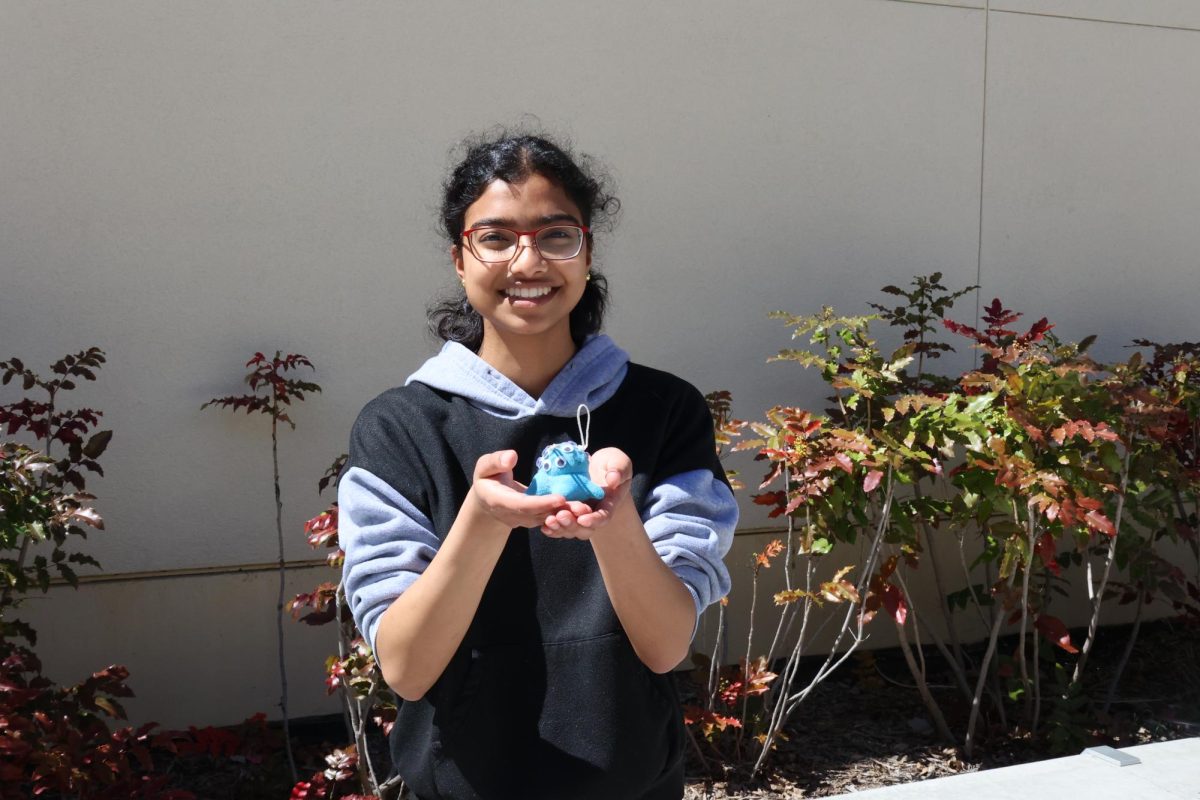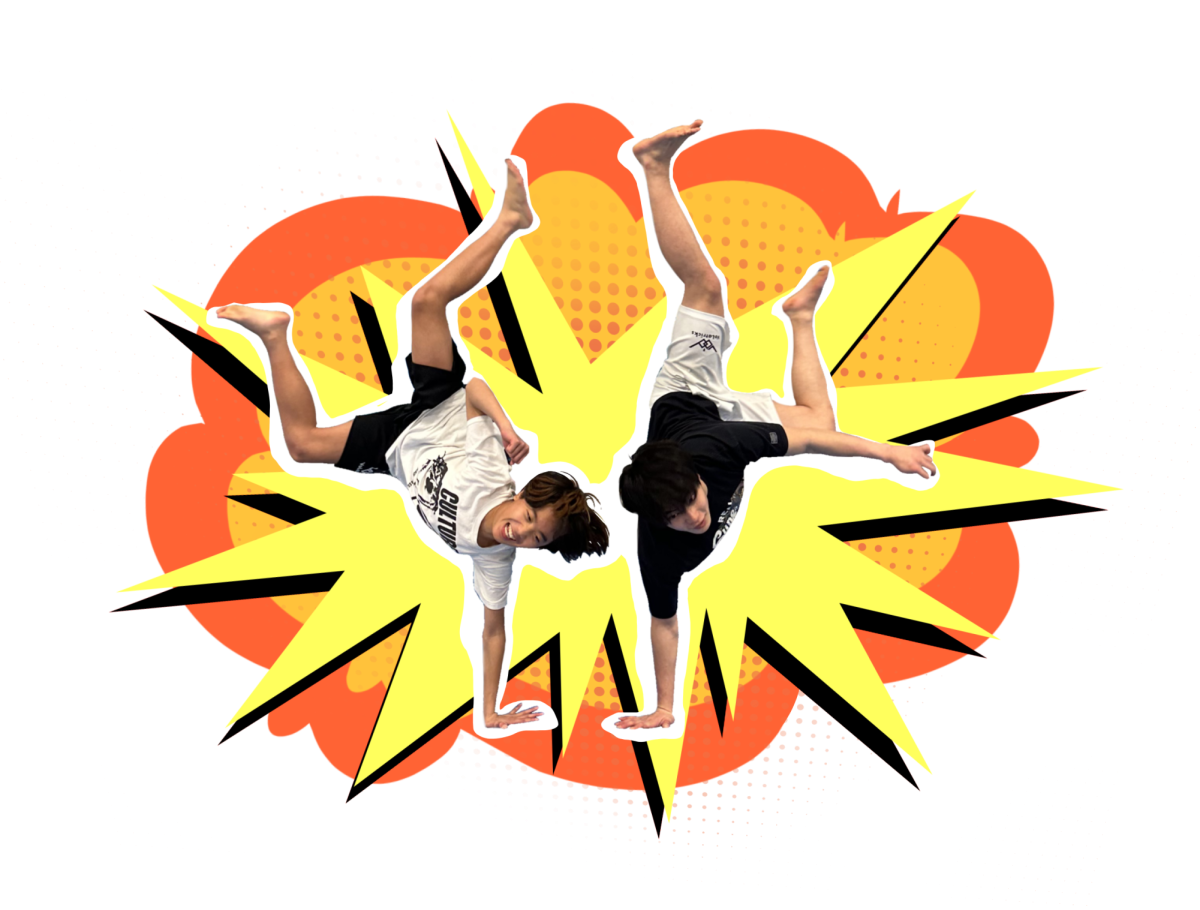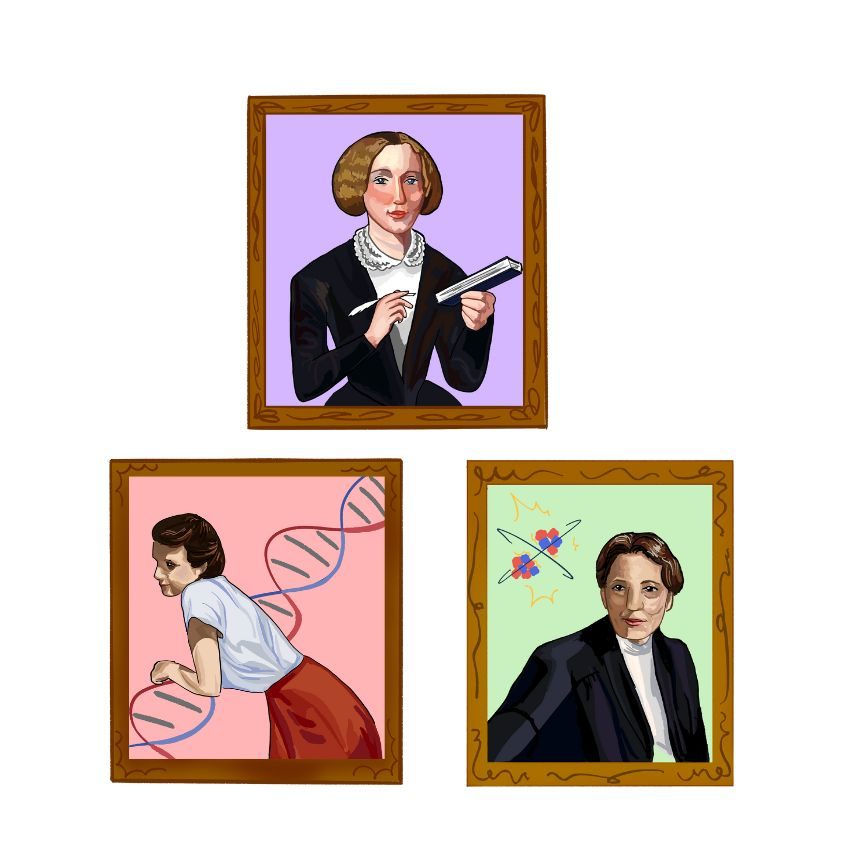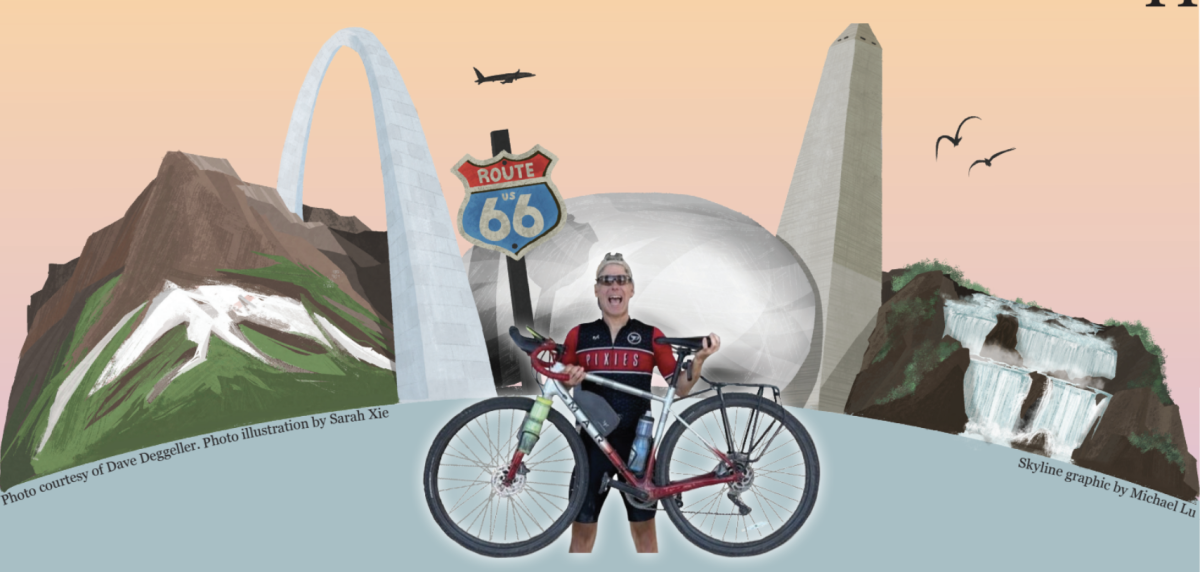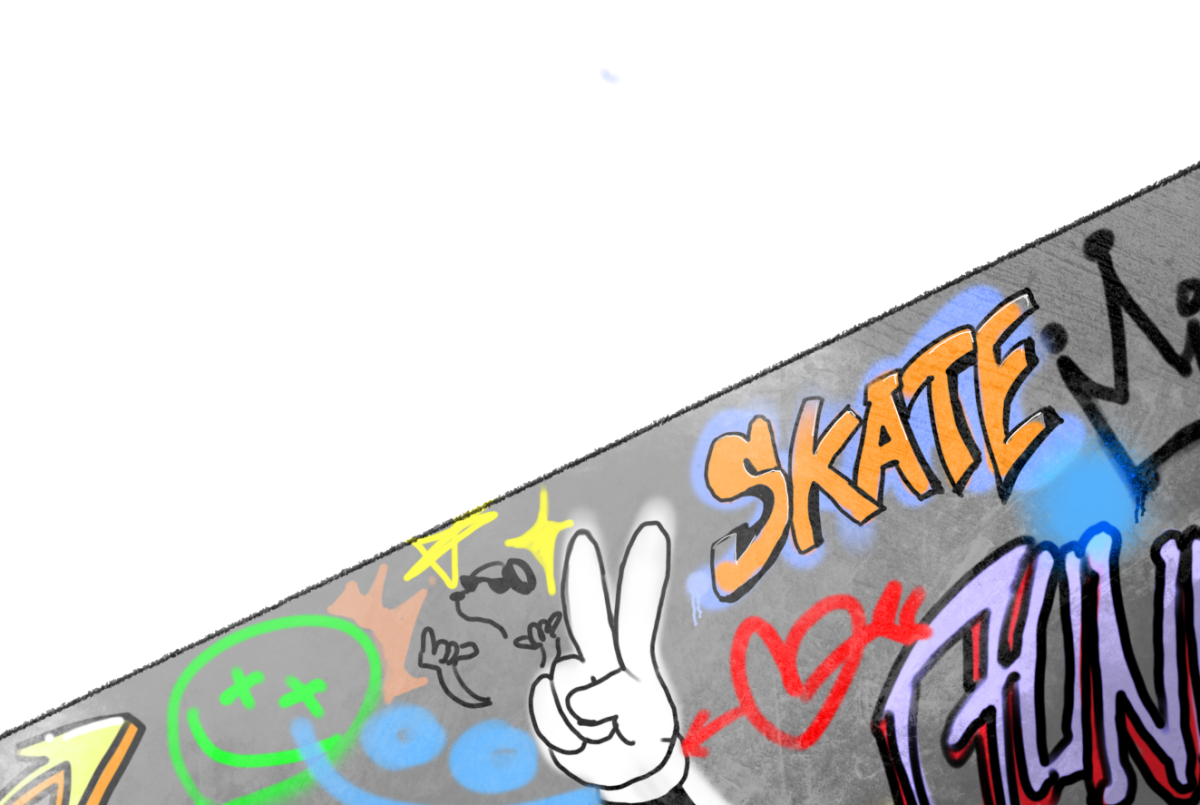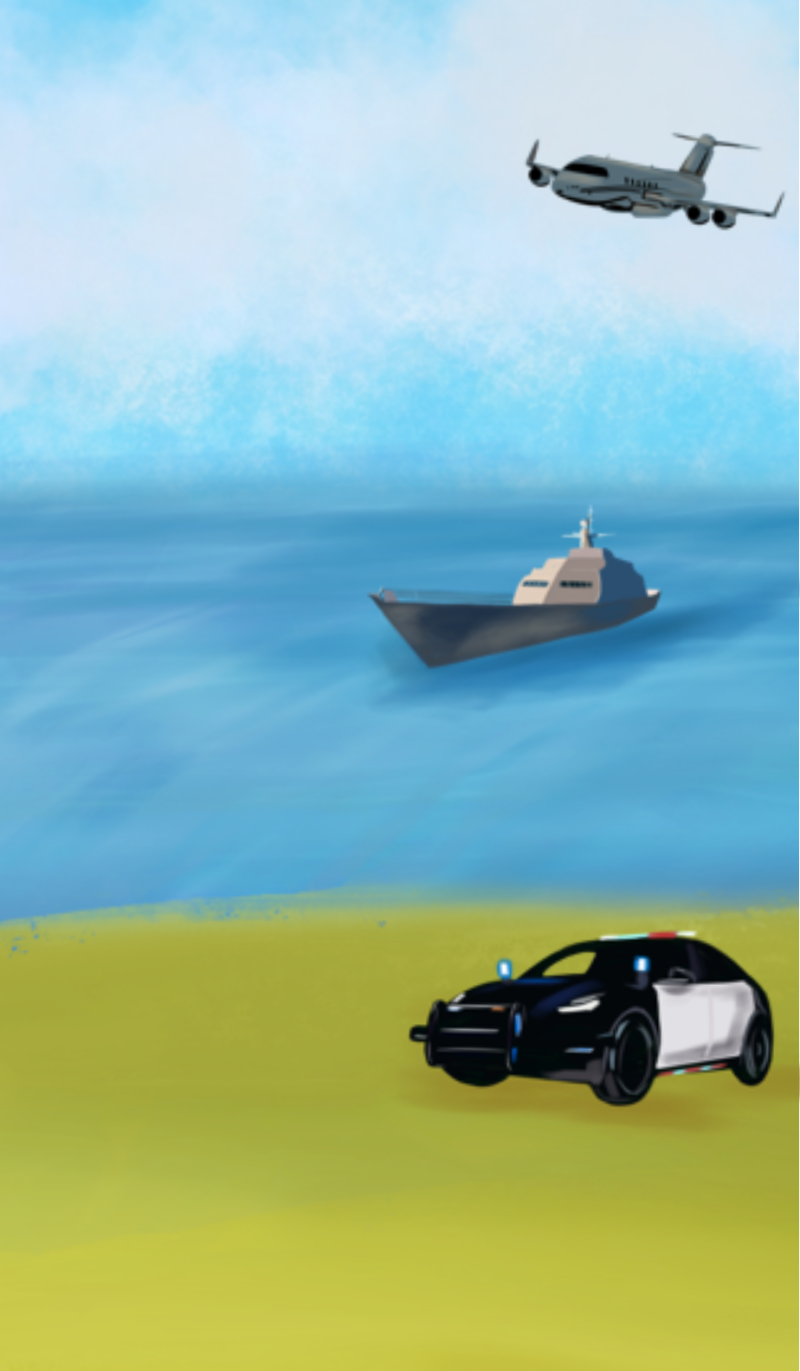Written by Clara Kieschnick-Llamas
The Oracle: What do you do as Diversity Commissioner?
Ridhaa Sachidanandan: We put on lots of events that are basically based towards diversity and inclusiveness on campus. It’s basically making sure that every single student on this campus feels included and feels like they’re a part of a community because the Gunn community is not a single race or a single gender identity—it’s a beautiful blend of everything.
TO: What projects have you been working on lately?
Marek Harris: We’re going to do something for Black History Month—that’s why we didn’t focus anything to
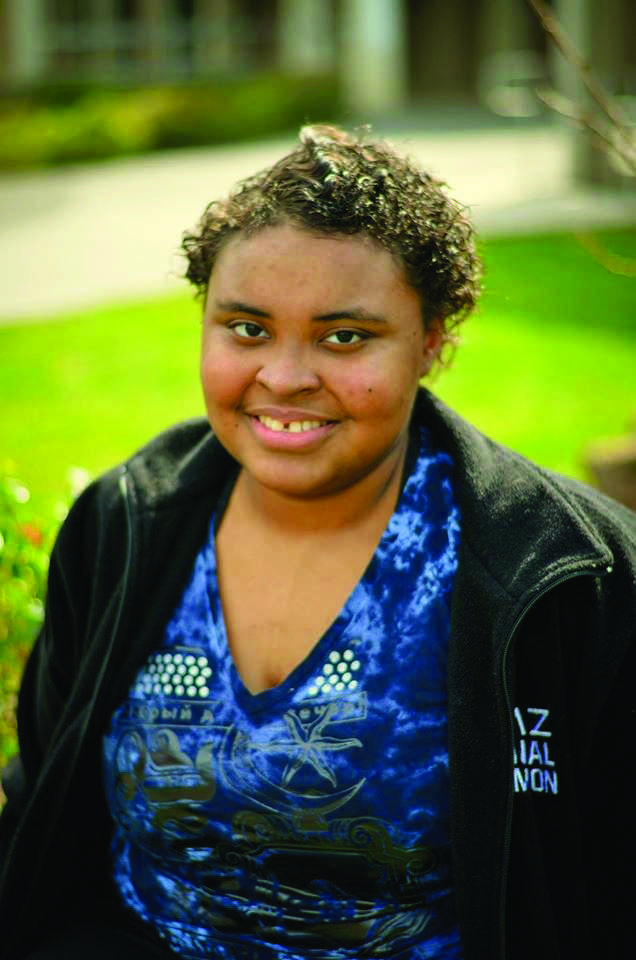
o big on Martin Luther King Day. Basically, we want to talk to students in Focus on Success, get an idea of what we can do to better assist the students and to get an idea of how everyone is doing at Gunn. We’re also planning Inclusivity Week, which is going to be a lot of fun this year.
TO: What’s the hardest part of being Diversity Commissioner?
RS: The hardest part would be getting students involved. A lot of us are kind of in our own world and we’re usually “too cool” for things. Student involvement has definitely been a difficulty but we are hoping to overcome stuff like that. Sometimes we’ve had publicity and timing issues, where students aren’t able to come and participate because there’s other clashes, so we really hope that second semester we get to iron those things out.
TO: What have you accomplished at Gunn in terms of diversity?
MH: We’re pretty diverse on campus. We have all the different elements that could lead to something great, and we just have to make sure to use them properly and do the best with the things we have now. I think that we have a lot of events and we acknowledge a lot of things that are socially
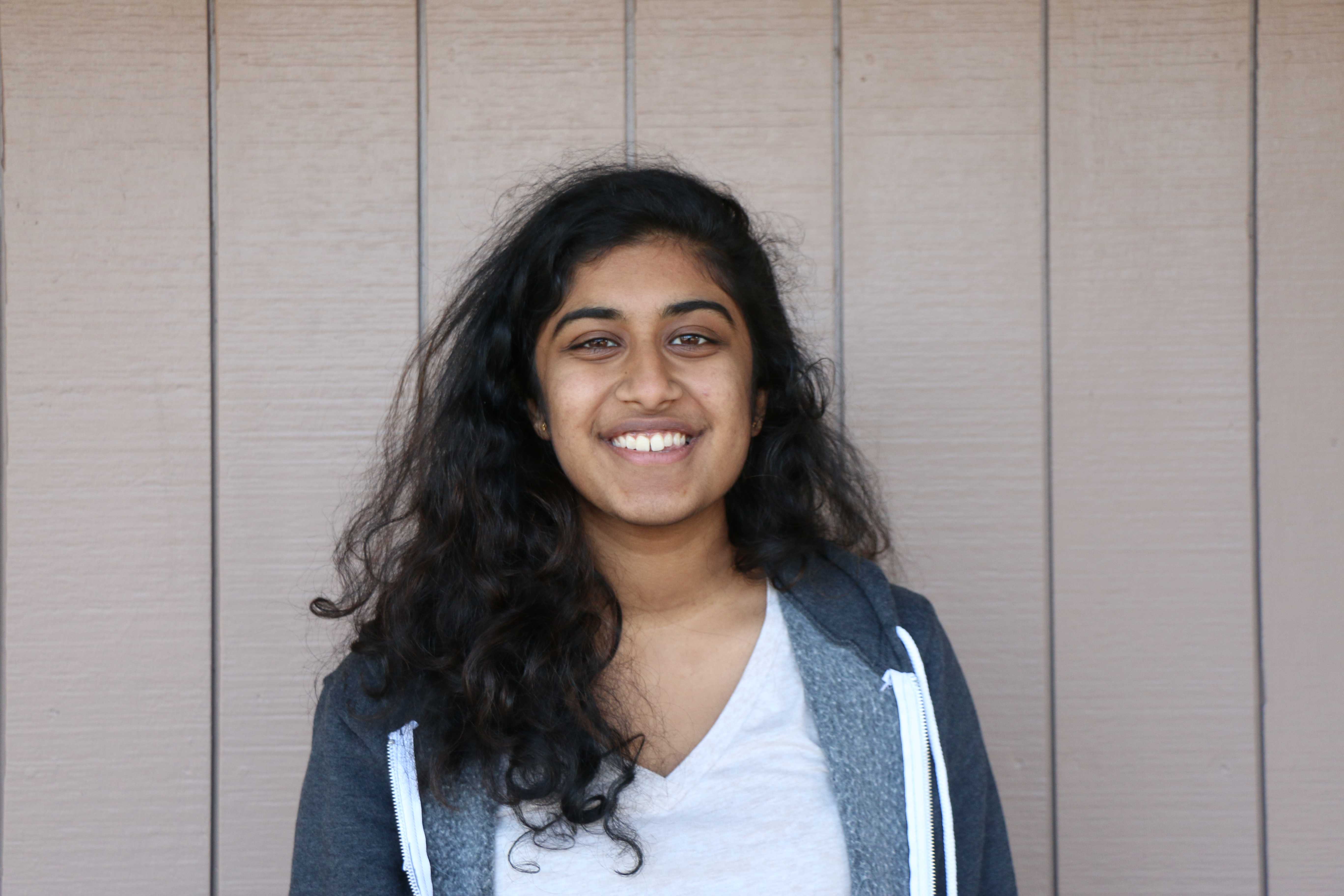
important. We are taking important things into consideration. For instance, we made Homecoming Court gender-neutral.
TO: In your opinion, what does Gunn still need to achieve?
RS: One thing we can work on is definitely making sure that every single group on campus feels represented and every single student on campus should feel like they
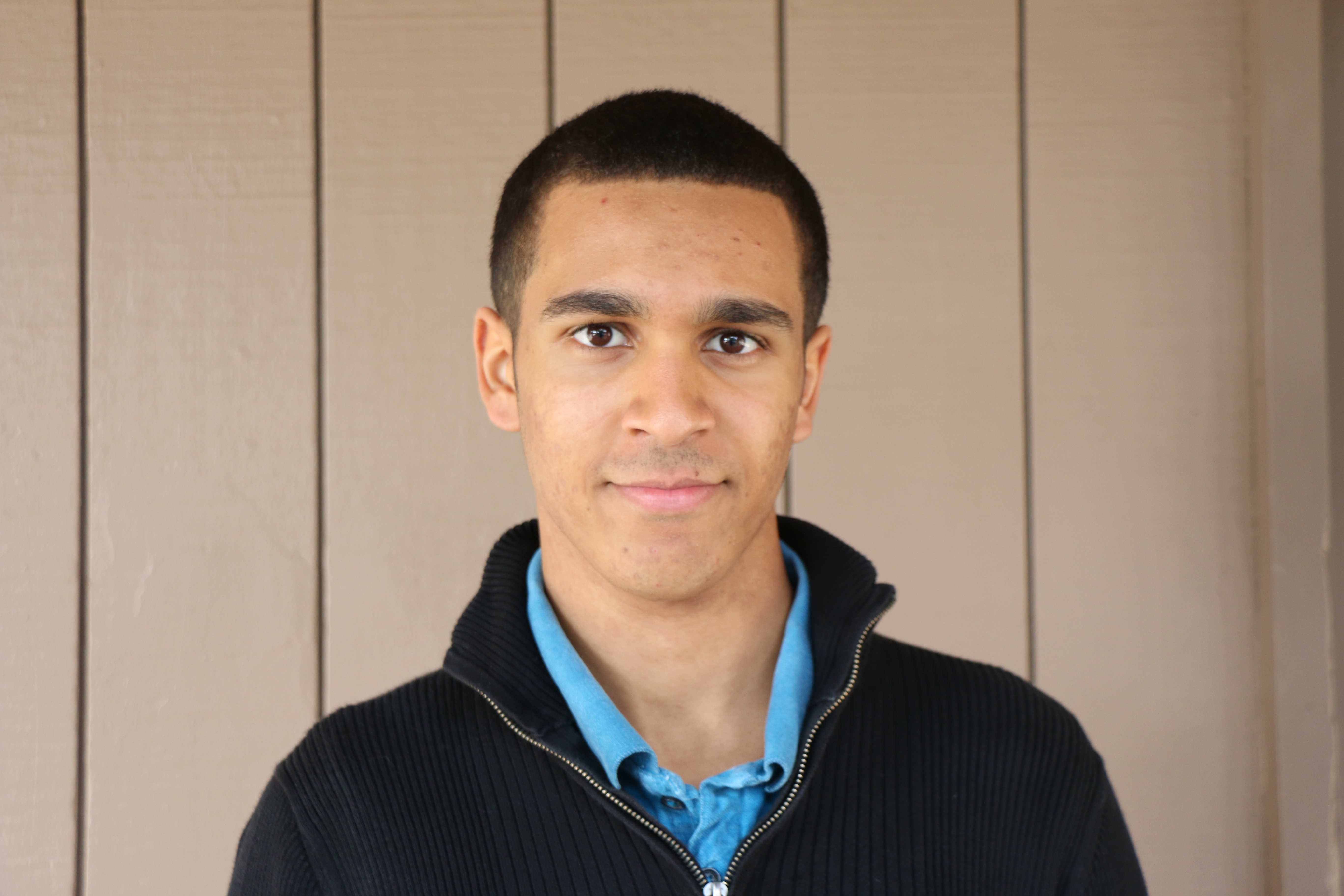
have a voice.
MH: I think there are a lot of thingswe still need to achieve. Everyone has their own special needs and accommodations and we need to make sure teachers understand that. Everyone needs to be included on campus—I think that would be a big step forward.
TO: Why did you decide to become Diversity Commissioner?
RS: I’ve been on Reach Out. Care. Know. (ROCK) since sophomore year and there’s a lot of stuff that ROCK does in tandem with the Diversity Commissioners, so that was a huge part of it: knowing that I could be a liaison between ROCK and Student Executive Council (SEC). Also, I’ve been doing Indian dance since I was three years old and every time I did one of the shows, I felt like I was really part of the community. I knew that since we have a lot of communities here, it would be a lot of fun to do something like that at Gunn.
MH: I knew there were a lot of changes going on at Gunn and I wanted to have my voice heard. I know that Gunn doesn’t necessarily do the best of jobs with students of color and just minorities in general. I wanted to make sure that I can be that conduit between students and administration.
TO: Which groups do you focus on?
RS: We work with Black Student Union, members of the Latin American community, Spanish Club, German Club. If they have ideas for events, we collaborate with them.
MH: We do so many events that focus on different aspects of students that I think everyone can get involved in some way. We do stuff involving the lesbian, gay, bisexual, transgender and queer community and we do stuff involving minorities. Regardless of your heritage, or your culture, or how you identify, we’re working for everyone in that sense.
Trevillion was not available for the Diversity Commissioners Q&A




